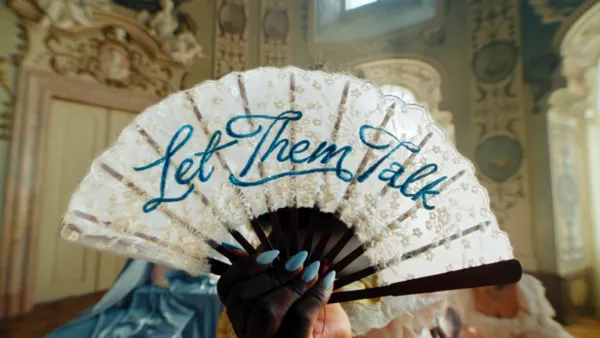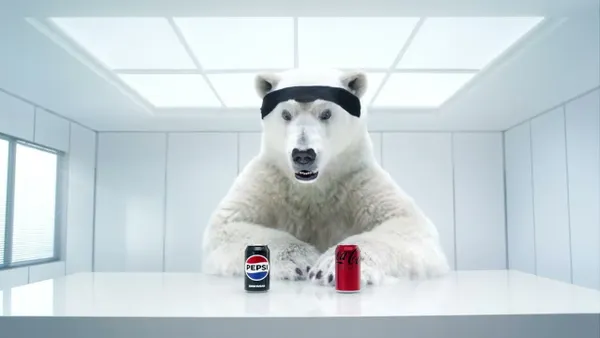The marketing news cycle this year has been inundated with announcements from brands around their plans for the metaverse, the nascent idea of a channel that can blend real and virtual worlds seamlessly together. Activations have spanned packaged goods, quick-service restaurants, retail and fashion verticals and made platforms like Decentraland, The Sandbox, Meta's Horizon Worlds, Fortnite and Roblox into household names (for marketers, at least).
Despite the flurry of activity, many brands have struggled to differentiate their metaverse activations, some of which seem like slapdash efforts thrown together to avoid missing the bandwagon. Still, well-executed plays represent an opportunity for brands to experiment with how they will be able to meet consumer needs in the future, whether it be through ties to real-world rewards, hybrid events or diversity and inclusion initiatives. Nearly six in 10 (59%) consumers are excited about transitioning everyday activities, like shopping and attending events, to the metaverse, with a similar number of metaverse-aware companies (57%) already adopting the concept, according to a new report by McKinsey & Company.
The metaverse is expected to be worth $5 trillion by 2030, per the McKinsey report — despite the fact that it doesn't really exist yet. That expansion will support growth in e-commerce ($2.6 trillion), advertising ($206 billion) and gaming ($125 billion).
"The metaverse is about creating worlds and experiences that you want to go to, that you're drawn to," said Ginny Ziegler, Accenture’s chief marketing officer in North America. "It's not going to be about better headsets, more realistic visual renderings, faster network speeds, more intelligent engines or the next TikTok or Fortnite… What's really going to make the metaverse real is the adoption of the experiences that it enables and the propositions that it brings to life."
Even in this nascent stage, the development of metaverse brand activities are shadowed by the market corrections and crashes impacting related areas including cryptocurrency and nonfungible tokens. As with any experimental marketing spend, metaverse activations will face questions over their degree of risk, budget allocation and outcomes. But that doesn’t mean that crashes elsewhere should impede experiments in the metaverse.
"If you're aligned to the opportunity cost of what you're going to put into the world, and if you're actually creating opportunity for the community that you're there to support, it's probably a good bet," said Hall Carlough, vice president and head of creative strategy at Web3 marketing agency Invisible North.
Below, Marketing Dive has gathered some of the most significant brand activations in the metaverse that point to how the space could evolve and meet industry expectations going forward.













